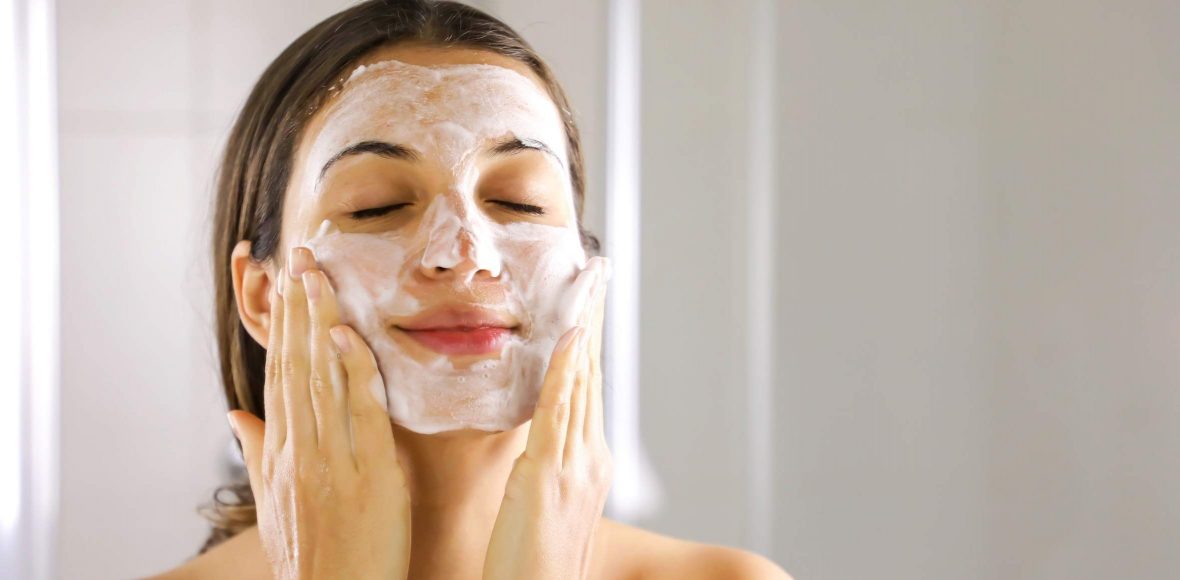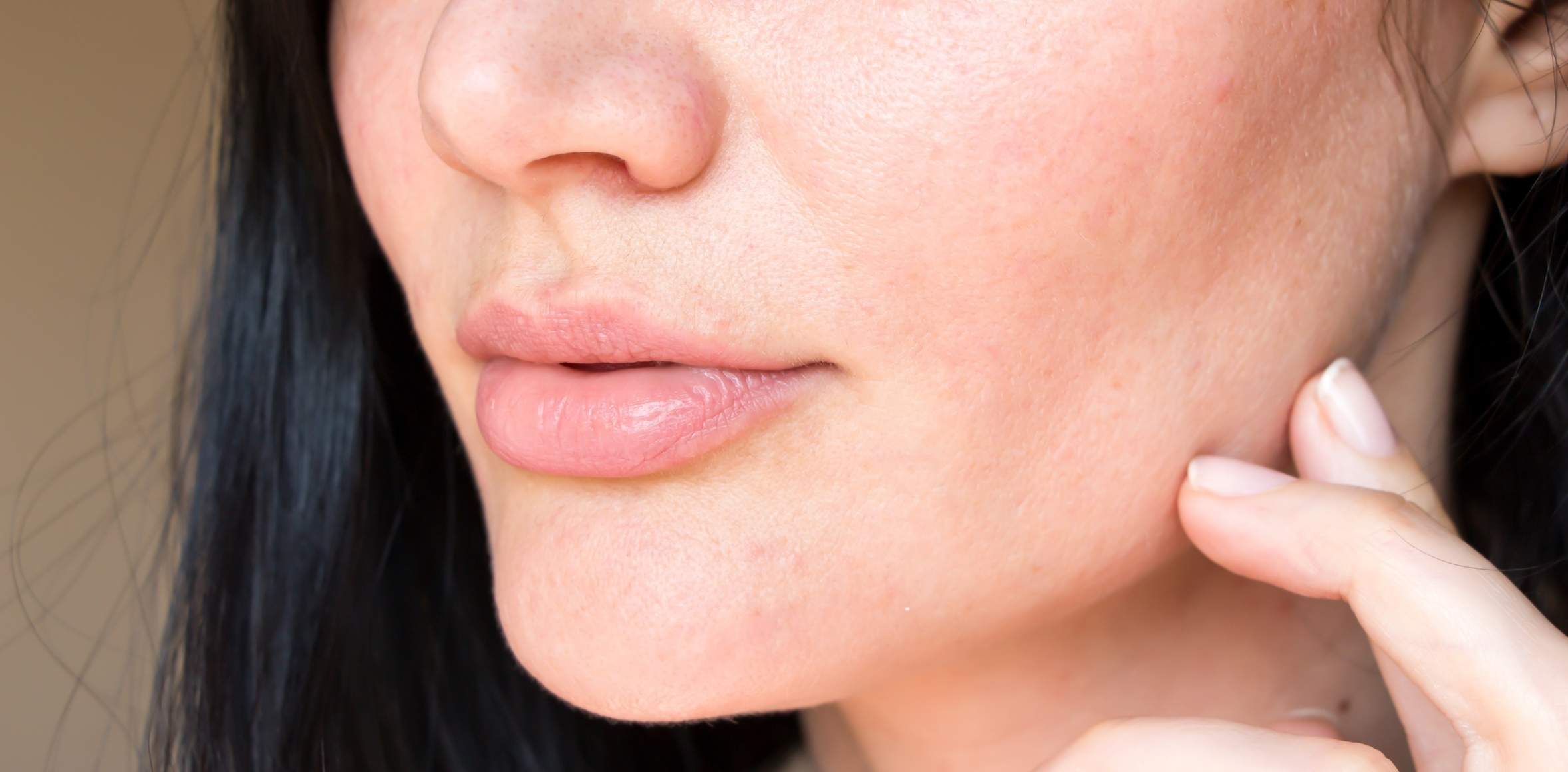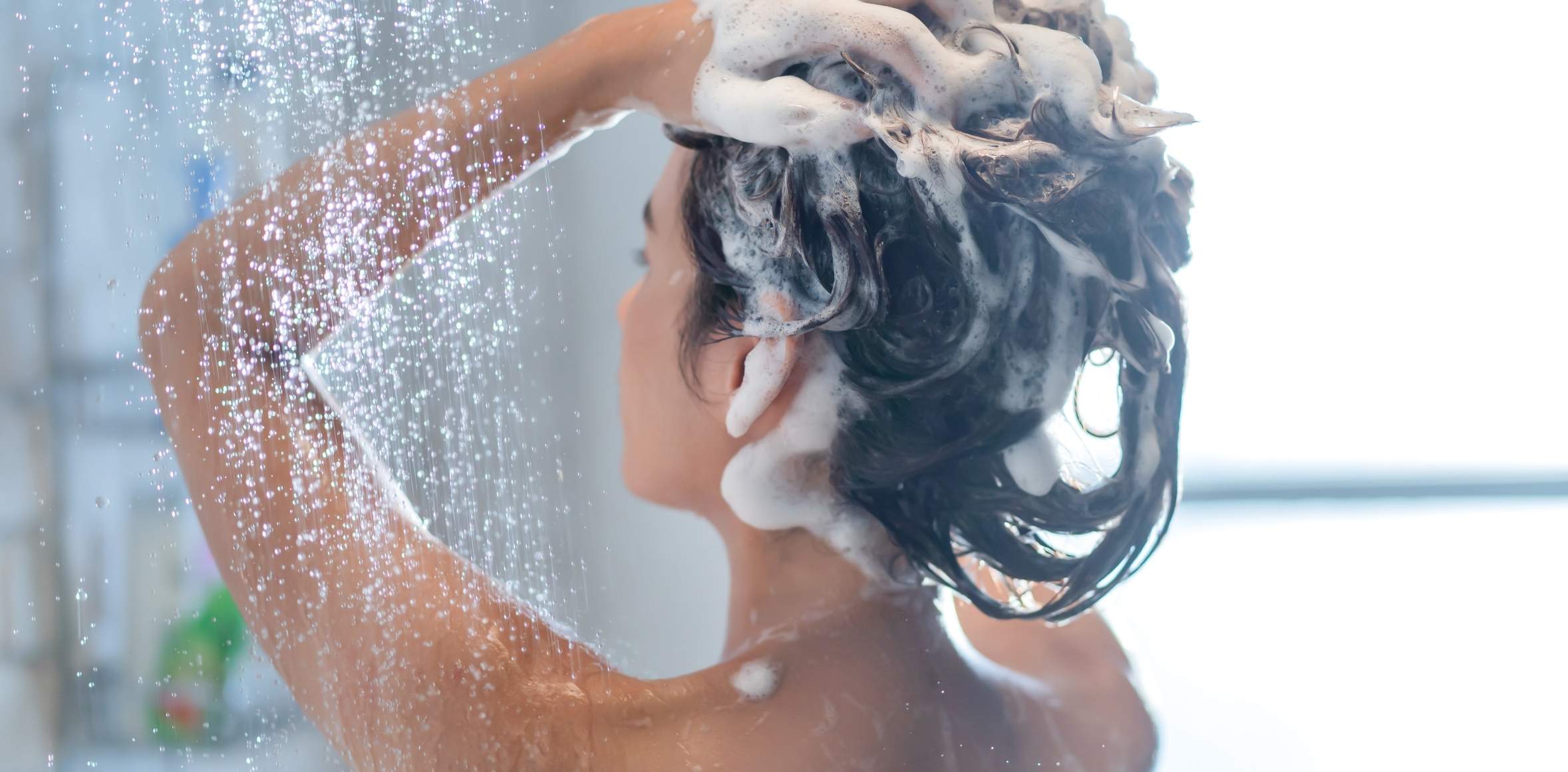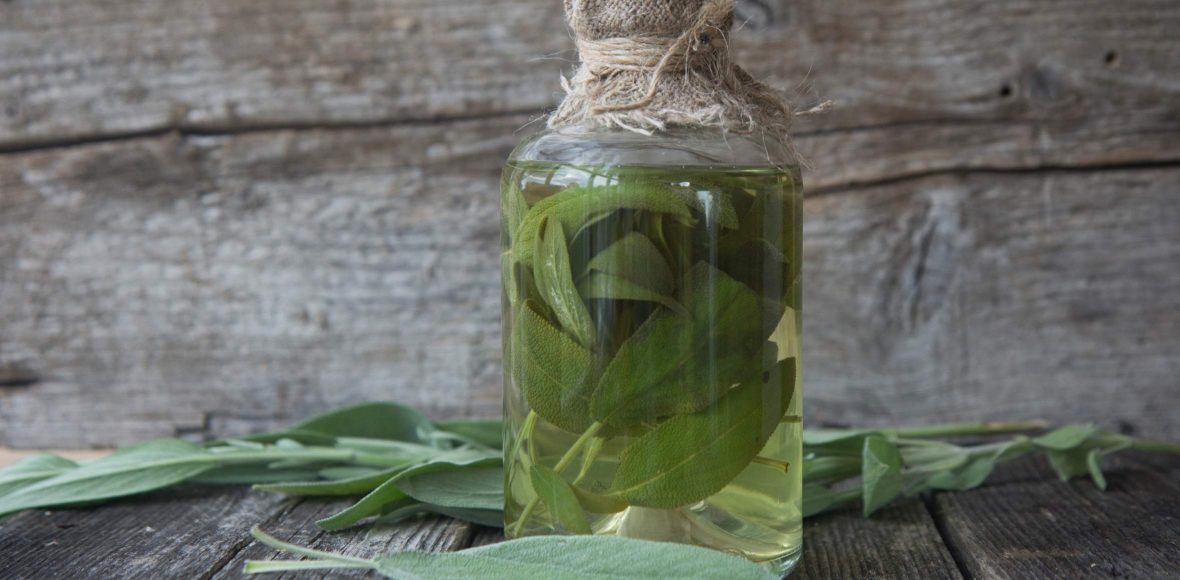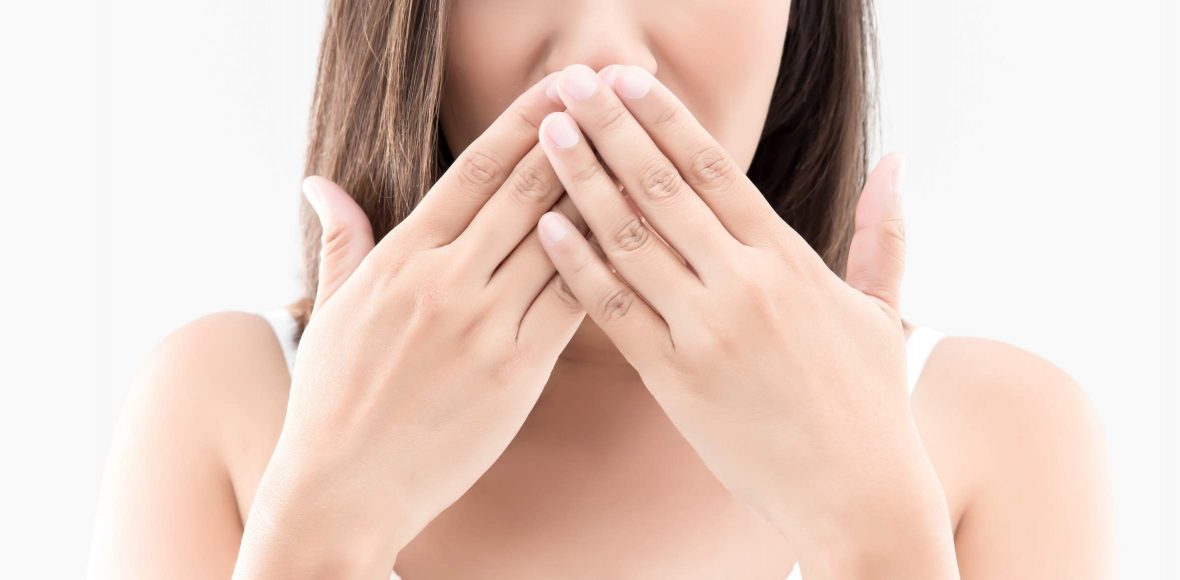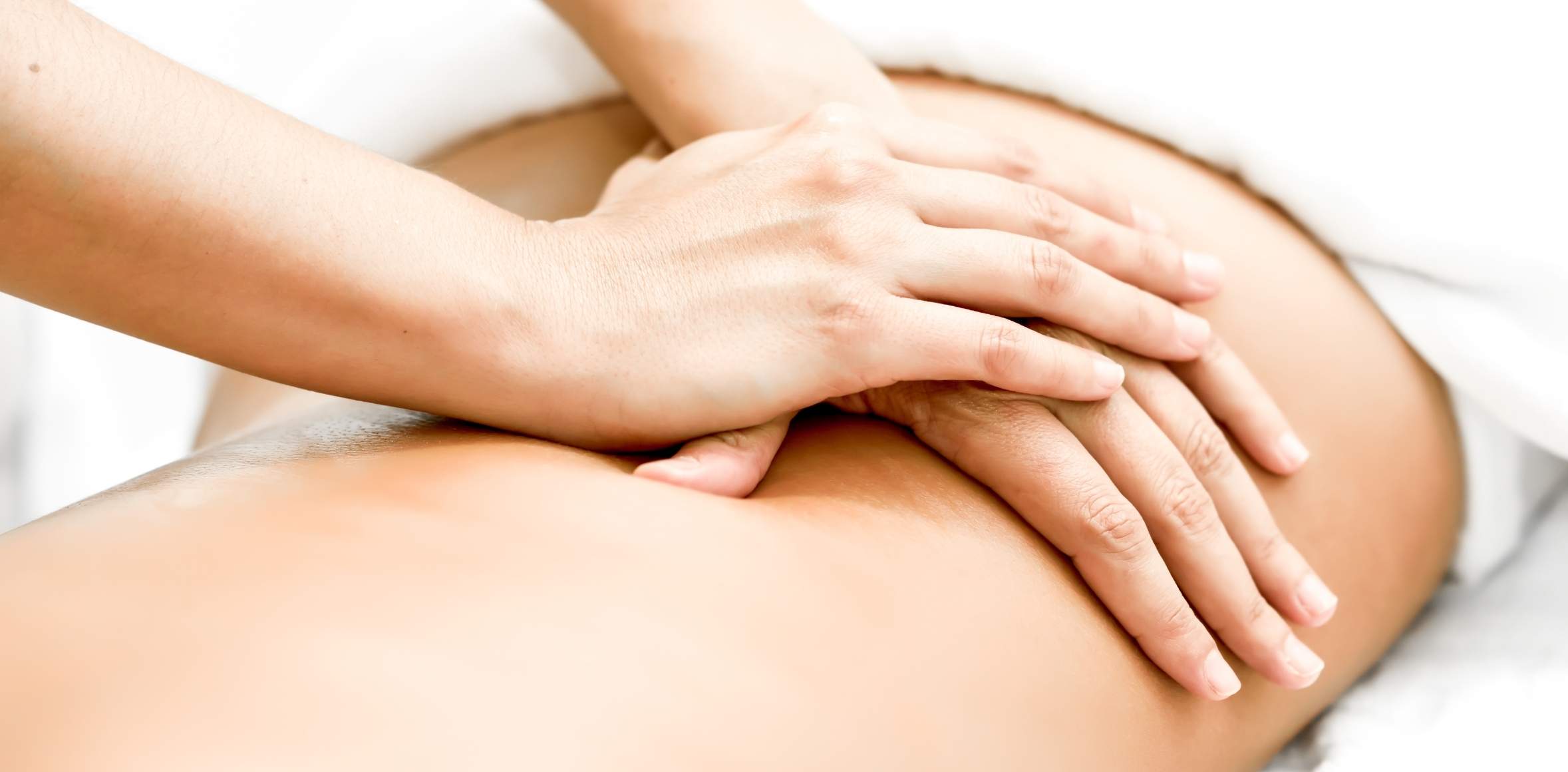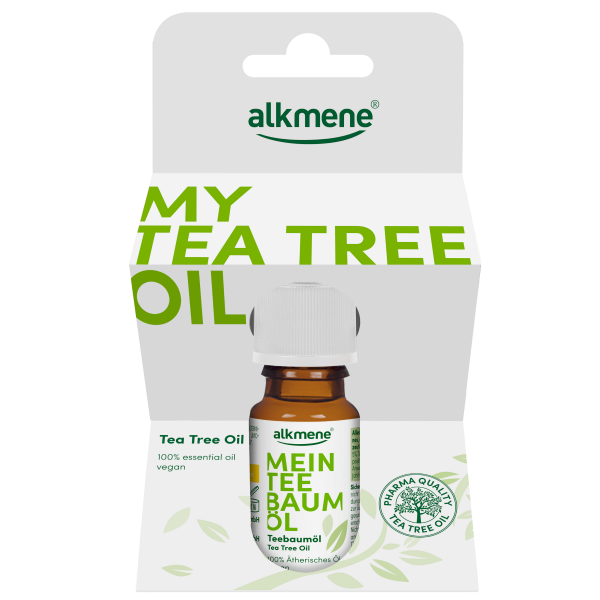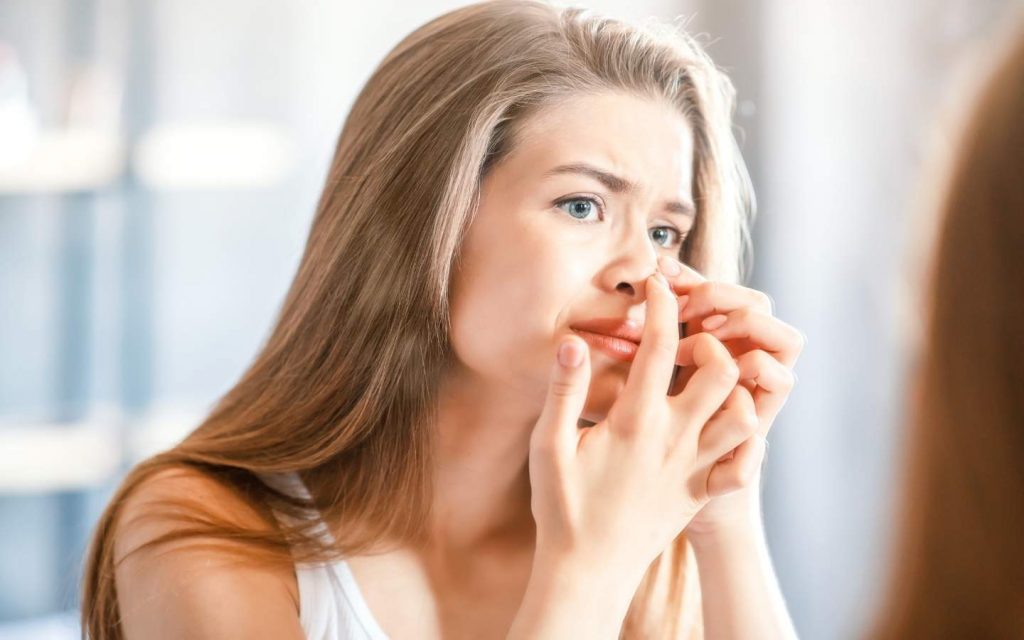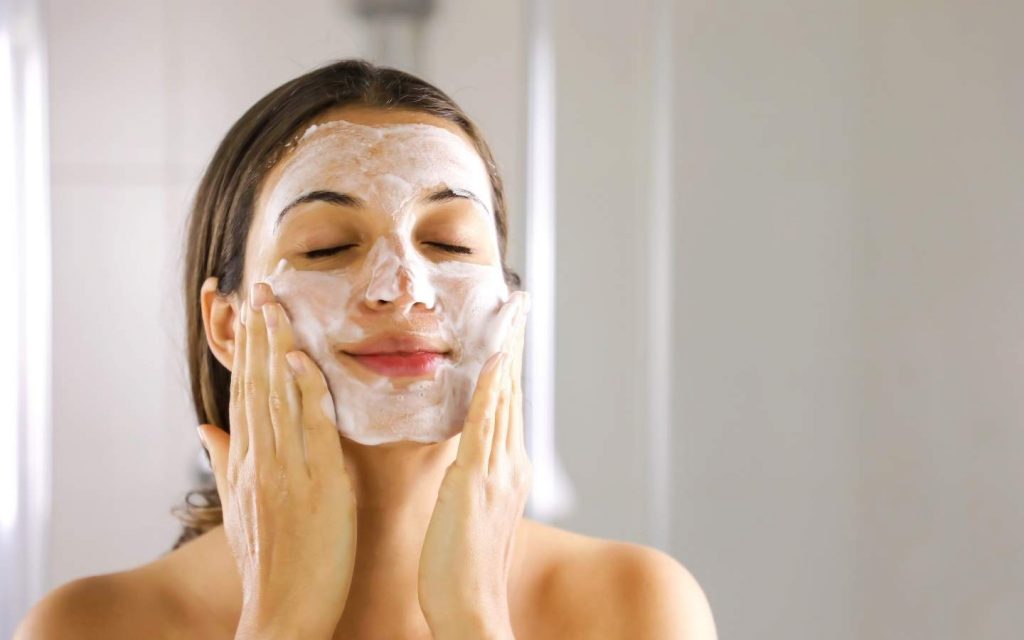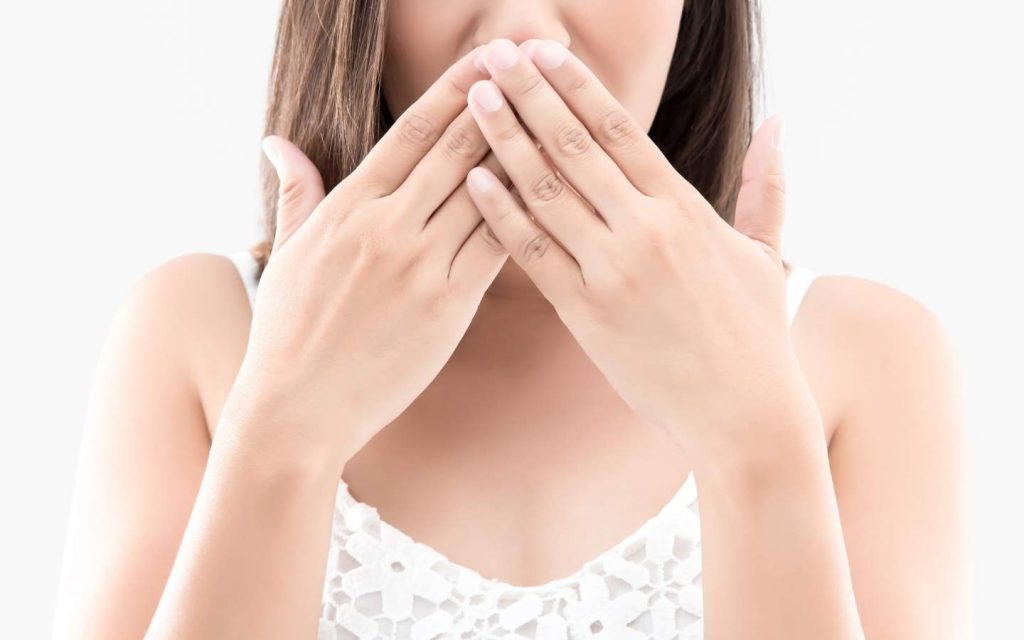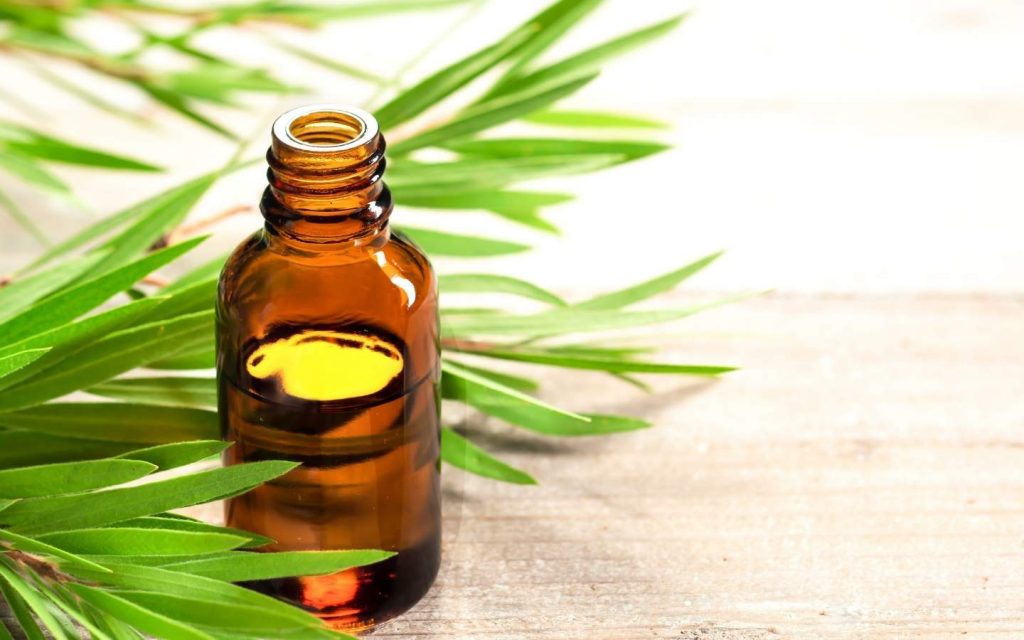
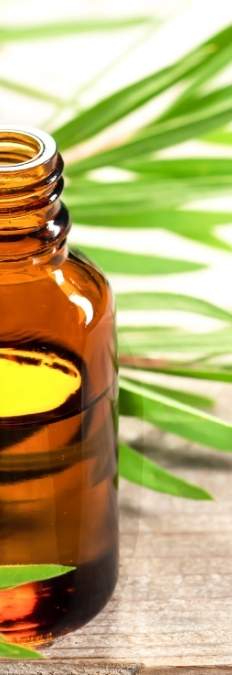
Many people know tea tree oil only as a problem solver for impure skin. This is also true, but “Australia’s green gold” also shows its effect in other problem areas. With the oil you can not only treat pimples or blackheads, but also bacteria-induced acne, bacterial infection and it helps in herpes prevention. Tea tree oil has both antiviral and antibacterial effect.
Proper use of tea tree oil
Essential oils, such as tea tree oil, can cause an irritating effect when used over large areas. Therefore, the product compatibility should be tested before use. For external use, the tea tree oil should be used diluted. For internal use, a larger amount (about more than 5 drops) should be avoided, as this can cause a toxic effect. However, internal use should be agreed with a doctor or pharmacist.
Tea tree oil should be stored in an airtight container, below 25 degrees and protected from light. After opening the bottle, the oil should be used up as soon as possible.
Why should you never drink tea tree oil
Although tea tree oil shows in many ways, positive effects on the body, swallowing the pure oil threatens poisoning symptoms with nausea, diarrhea and fatigue. In the case of exemplary inflamed gums, a tea tree oil-water mixture can be gargled as a mouthwash – whereby we would like to refer to our MY TEA TREE OIL Antibacterial Mouthwash, with 6-fold protection against caries and tartar. Here you have a precisely coordinated oil-water dosage, whereby you do your mouth flora good.
WHAT DO I HAVE TO WATCH OUT FOR DURING PREGNANCY?
Although the area for the application of tea tree oil during pregnancy is not completely researched, the oil can still be used in moderation. Thereby, the external application of skin and hair should not have any problems, since the oil does not enter the bloodstream during application. However, the use of the mouthwash should be avoided and alternatives should be used. Consultation with a doctor or pharmacist is recommended.
CAN TEA TREE OIL BE USED ON THE EYE?
Caution: Contact with the eye like mucous membranes, may cause burning and redness.
![]()
